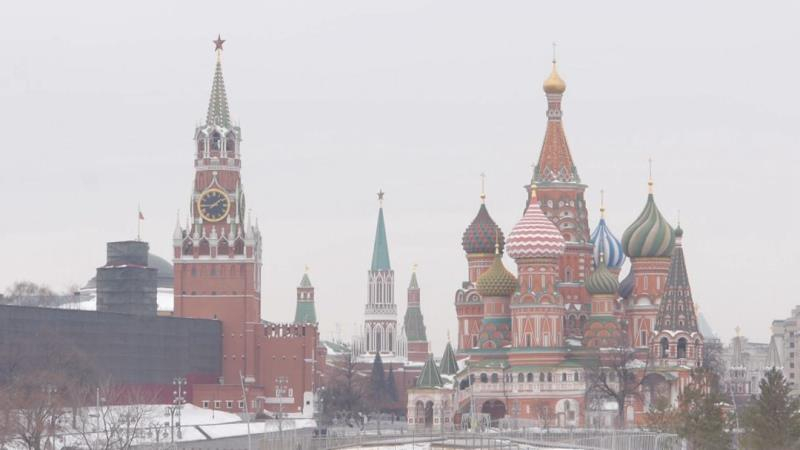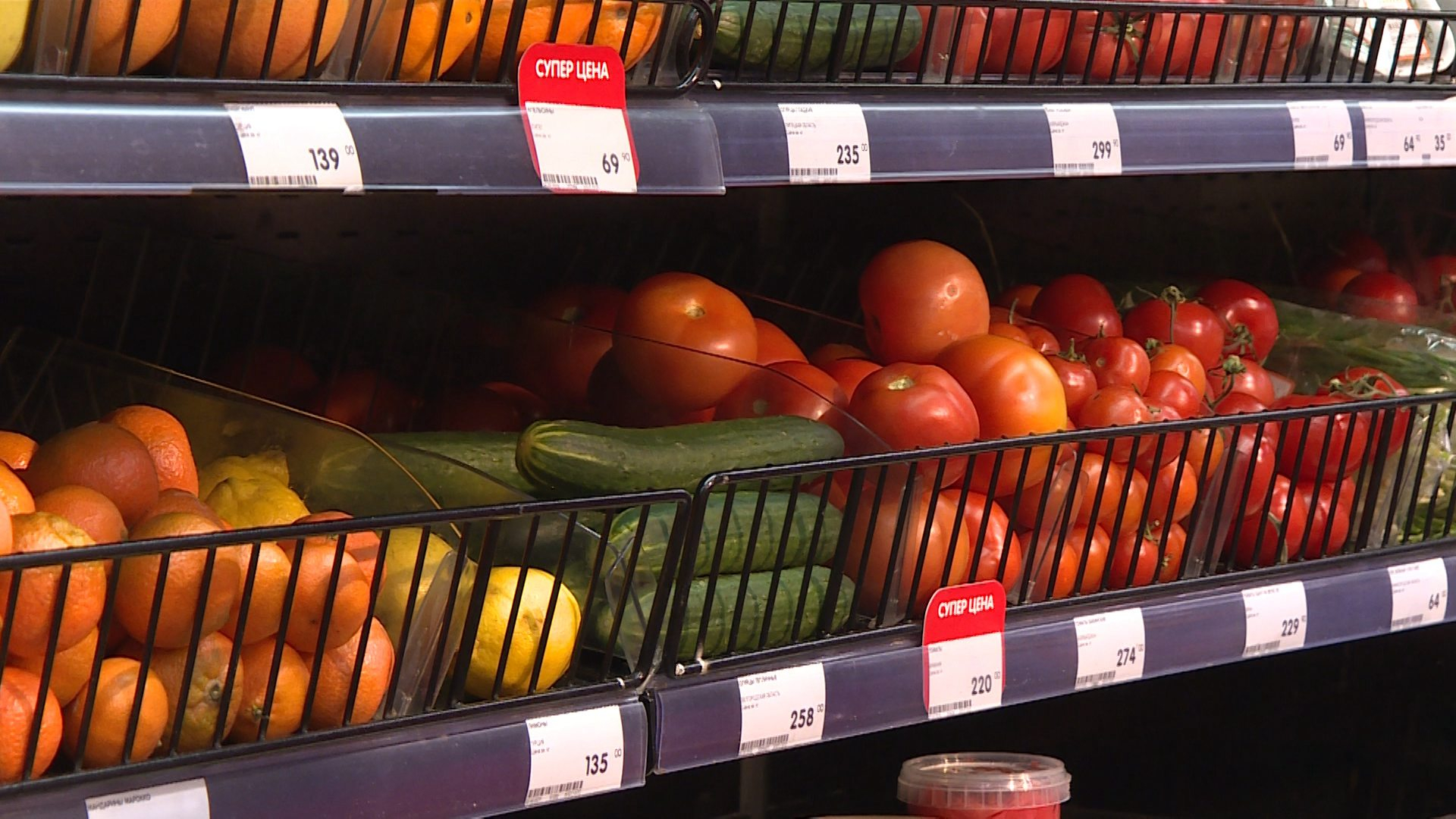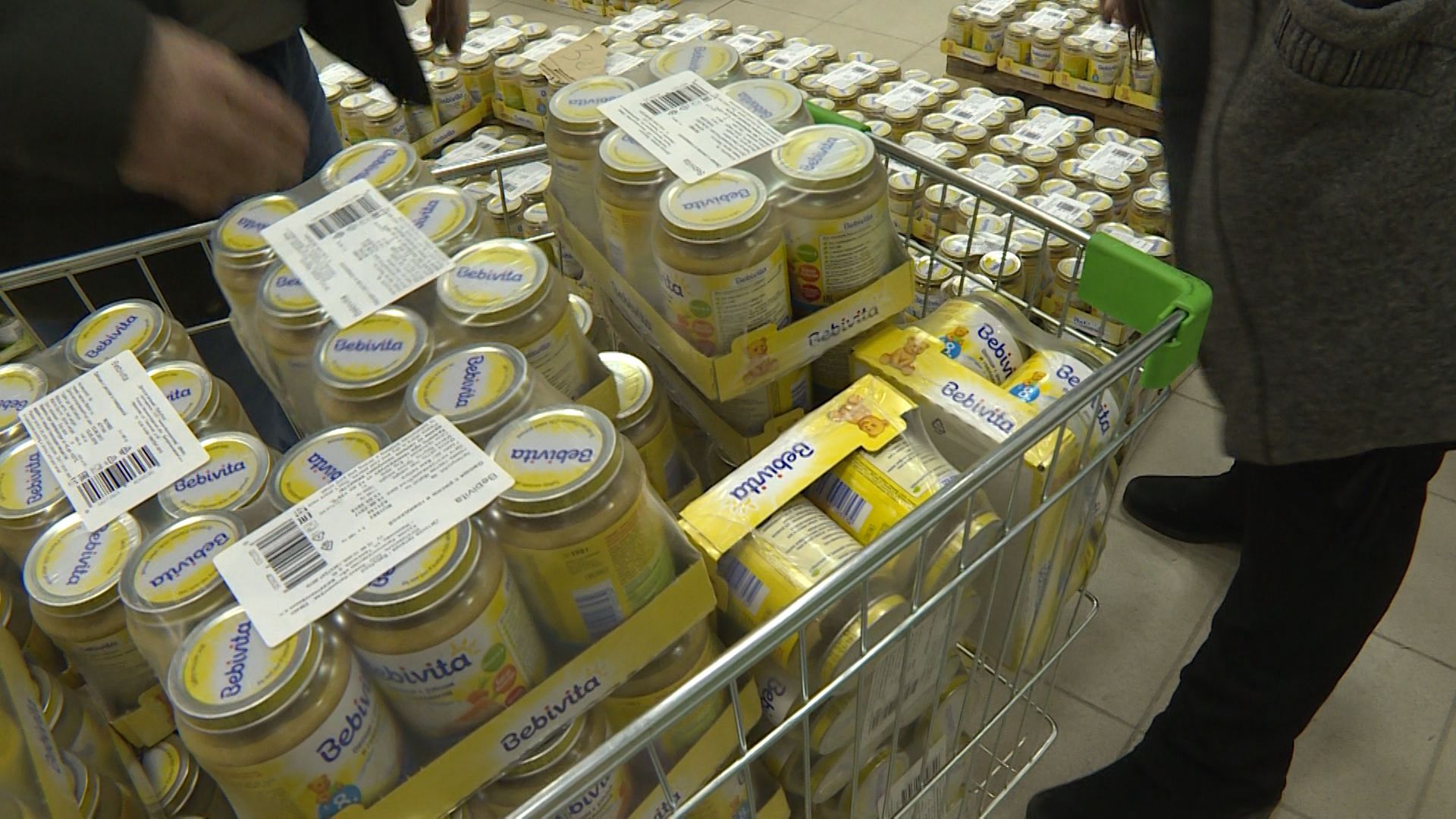
Economy
10:11, 12-Feb-2019
Russian real incomes fall for fifth consecutive year
Updated
17:32, 12-Feb-2019
By Julia Chapman
02:09

Real incomes in Russia have fallen for the fifth year in a row, according to Russia's state statistics agency Rosstat.
Incomes adjusted for inflation and mandatory payments decreased by 0.2 percent in 2018.
The calculation of real incomes includes estimates of the so-called “grey economy” – sectors that aren't monitored by government bodies.
Natalia Orlova, the chief economist at Alfa Bank, said food inflation was driving prices up, limiting the purchasing power of ordinary Russians.

Vegetables on sale in a Moscow grocery store. /CGTN Photo
Vegetables on sale in a Moscow grocery store. /CGTN Photo
She said, “If we are looking at the results of 2018, the pick-up of inflation in the previous year was related to the increase of food inflation, a factor adding particular pressure on the poorest group of the population because their consumption basket is more in favor of very simple products and they are often food products.”
Orlova said this is one of the factors putting pressure on living standards in Russia.
The inflation rate in January 2019 was 5 percent year-on-year, with the Central Bank aiming for 4 percent.
It's expected to rise over the course of the coming year because of a volatile ruble, low oil prices and the threat of further sanctions causing businesses to act cautiously.
A new VAT rate introduced in January is pushing prices even higher, leaving many families struggling to buy basic goods.
A charity called MnogoMama, which gives support to big families, runs food distributions for those struggling to make ends meet.

A struggling family visits a food distribution center. /CGTN Photo
A struggling family visits a food distribution center. /CGTN Photo
Elena Ordina, one of the volunteers, said, "Rising prices are a problem for everyone, especially families with multiple children. Because children, of course, want tasty food, nice clothes and chance to do activities, but prices are increasing like crazy."
Svetlana, a mother of three, visited the center to stock up on children's food. She said her family was feeling pressure on its household income.
Having promised to make her children pies, a traditional Russian treat, she said she needed help acquiring all the ingredients.
She added, "It's good that there is this kind of organization that helps our children. It's really great."

Children's food on display. /CGTN Photo
Children's food on display. /CGTN Photo
According to Credit Suisse's Global Wealth Report, Russia is the world's most unequal major economy.
Some 87 percent of the country's wealth is owned by the richest 10 percent of the population, with 13.6 percent of Russians living below the poverty line.
After being re-elected for his fourth term in office last year, President Vladimir Putin vowed to halve poverty by 2024.
Russia's unemployment rate is historically low and GDP for 2018 is estimated to have been 2.3 percent – well above the expectations of most economists, although some doubt has been cast on the figure.

SITEMAP
Copyright © 2018 CGTN. Beijing ICP prepared NO.16065310-3
Copyright © 2018 CGTN. Beijing ICP prepared NO.16065310-3